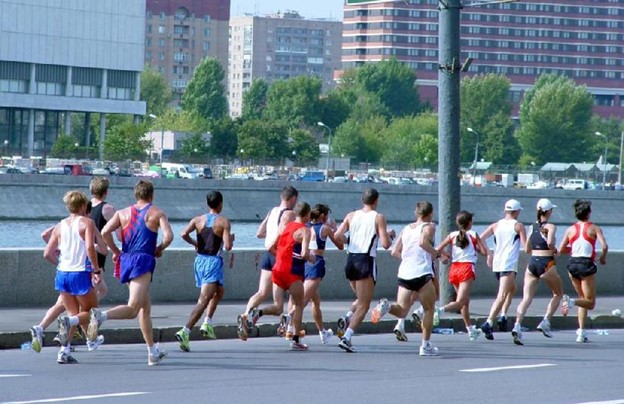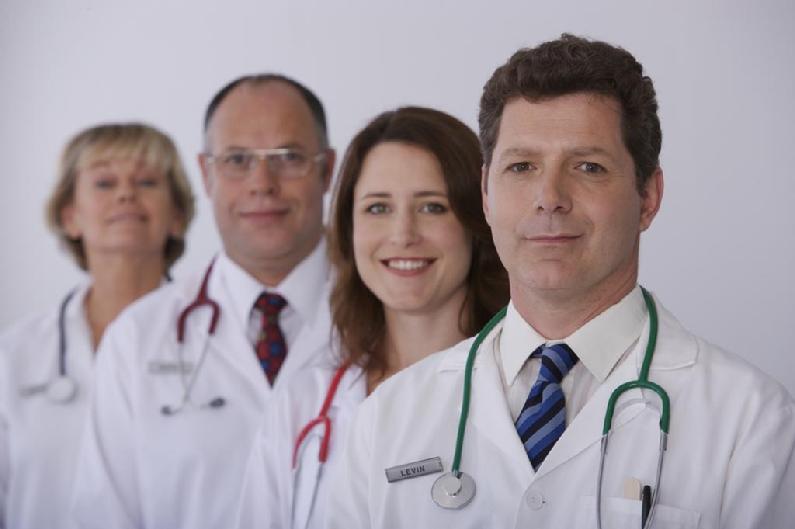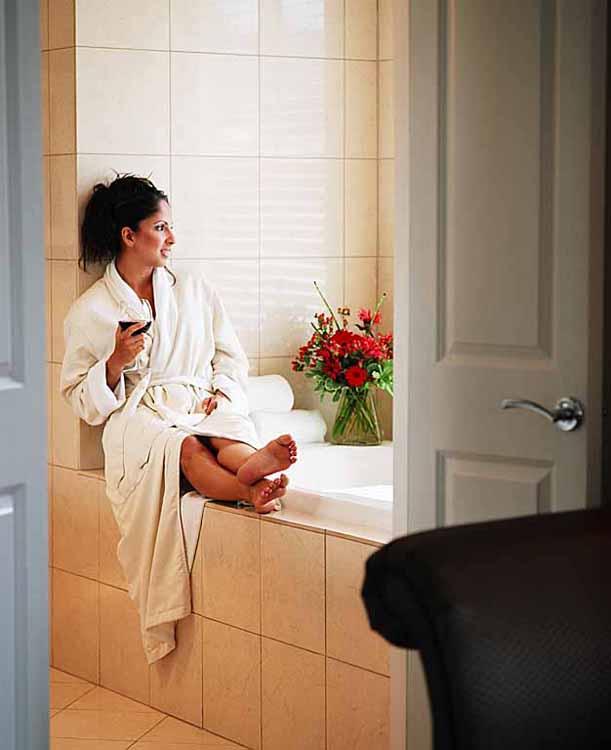Individual long life and HealthCare is your responsibility and our service.
Adolescent & Teenage Development Program
Children Service Program
Faith Based Initiative & Social Ministry Program
Family Center Program
International Service Program Individual & Family Development, Service, Preservation, and Research Program
Language, Art & Culture Program
Membership Benefit (Pick 3) Program
Professional Training and Development Program
Research & Development Program
Training for the Health Care Workers Program
Training for the Children and Family Program
Training for the Health Care Workers Program
Community & Public Health Action Program
CHILDREN ADVOCACY PROGRAM
This department deals with all referrals received from the public that has to deal with issues affecting children ages 0-18 in the following areas:
1. Life and Dignity of The Human Person
2. Call to Family & Community Participation
3. Rights and Responsibilities
4. Option for The Poor & Vulnerable
5. The Dignity of Work & The Rights of Workers
6. Solidarity
7. Care for All Creation
They also make referral through case management process that identifies needs of the individual regarding any or all of the above service areas.
FAMILY ADVOCACY PROGRAM
This department deals with all referrals received from the public that has to deal with issues affecting the family structure in the following areas:
1. Life and Dignity of The Human Person
2. Call to Family & Community Participation
3. Rights and Responsibilities
4. Option for The Poor & Vulnerable
5. The Dignity of Work & The Rights of Workers
6. Solidarity
7. Care for All Creation
They also make referral through case management process that identifies needs of the family and/or individual affecting his/her family structure regarding any or all of the above service areas. It is our belief that FAMILY is the center (nucleus) of our civilization and society and the only structure which can defeat the culture of death in all ramifications. Family preservation is very essential to our existence individually and communally.
YOUTH ADVOCACY PROGRAM
This department deals with all referrals received from the public that has to deal with issues affecting youths of all ages especially 18-26 in the following areas:
1. Life and Dignity of The Human Person
2. Call to Family & Community Participation
3. Rights and Responsibilities
4. Option for The Poor & Vulnerable
5. The Dignity of Work & The Rights of Workers
6. Solidarity
7. Care for All Creation
They also make referral through case management process that identifies needs of the individual regarding any or all of the above service areas.
ADULT & GERIATRIC ADVOCACY PROGRAM
This department deals with all referrals received from the public that has to deal with issues affecting adults of all ages especially those over 26 in the following areas:
1. Life and Dignity of The Human Person
2. Call to Family & Community Participation
3. Rights and Responsibilities
4. Option for The Poor & Vulnerable
5. The Dignity of Work & The Rights of Workers
6. Solidarity
7. Care for All Creation
They also make referral through case management process that identifies needs of the individual regarding any or all of the above service areas.
Faith-based Initiatives Program
We support faith-based initiative. The data presented in the article below, statement of facts from federal agencies, and our leaders strengthens our determination to support anyone in agreement with these principles which we share passionately.
FAITH BASED INITIATIVE & SOCIAL MINISTRY IN OUR LIFE By Ebelechukwu Elochukwu
“The dignity of every human being is the foundation of any moral society. The Family is the first social center that needs to be supported by sharing our life and services with the community in a society of human beings with rights and responsibilities.”
The aforementioned thought cross-referencing the following facts reinforces our vision to share our life of service with the poor, weak and special needs in the society and to extend it to the faith communities. We also consider the following facts:
Facts about children in Maryland
Maryland has one of the lowest poverty rates in the United States. The median income is the 4th highest in the country. Yet:
1. Of the total number of people living in poverty, 32% are children under the age of 18.
2. Over 48% of all female-headed households with children under the age 5 live in poverty.
3. Nearly 30% of children live in single-parent household.
4. A child is abused or neglected every 32 minutes.
5. A child is born into poverty every 1 hour.
6. A child dies before her first birthday every 16 hours.
7. A child or teen is killed by gunfire every 4 days.
8. Children 0-17 represented 22.2% of all homeless people served in Maryland. Over 8,700 homeless children were served in Maryland shelters in fiscal year 2002.
9. Over 90,000 children and their families are touched by Maryland’s child welfare system each year.
10. 30, 985 children were reported abused or neglected in Maryland in 2000.
11. 26 children died as a result of abuse or neglect in 2000.
12. 26 children are abused or neglected everyday in Maryland.
13. An estimated 9% of children in Maryland do not have health insurance.
14. There were 79 firearm deaths of children and teens in Maryland, including 18 suicides and one accident in 2000.
15. 46,630 children were arrested in Maryland, a 40% increase from 1999. Of the arrests in 2000, 2,721 were for a violent crime, and 968 were for possession of a weapon.
16. 38% of Maryland children under age 6 were in paid childcare while their parent or parents worked. Childcare costs account for 18% or more of median family income in eleven jurisdictions. In Baltimore City, childcare absorbs 32% of median family income and ranks first among major household expenditures. The estimated cost of childcare is highest in Howard County ($16,661 per year), followed closely by Montgomery County (16,192 per year).
Facts about poverty in Maryland
The Federal Poverty level for a:
1. 1-person household is $8,980, 2-person household is $12,120, 3-person household is $15,260
2. The federal minimum wage is $5.15/hour. The earnings from full-time work at the minimum wage are below the poverty level for any size family with children.
3. A single parent with two children who works full-time for $7.25/hour also has earnings below the poverty level.
4. The average wage for a Maryland family living on welfare is $7.61/hour.
5. The maximum monthly welfare grant for a family of 3 receiving cash assistance is $477. The family is eligible for $371 worth of food stamps per month.
6. The total family income equals $848, more than $423 below the federal poverty level.
7. Maryland’s welfare caseload has decreased by about 68% since welfare reform began in 1996. Still, in January 2003, there were 29,288 Temporary Cash Assistance cases in Maryland. More than 72,500 individuals received TCA.
8. Child poverty rates of 15% or more were reported in five of Maryland’s jurisdictions.
9. In fiscal year 2002, families accounted for more than half of the homeless people served in each of 14 Maryland Counties, including Montgomery, Baltimore, Howard and Anne Arundel. In Caroline County, families made up 97% of homeless people served.
10. A full-time minimum wage earner can afford monthly rent of no more than $268. In Maryland, fair market rent for a one-bedroom apartment is $818.
11. In order to work 40 hours per week and afford a 2-bedroom apartment at a fair market rent, a worker in Maryland would have to earn $18.85 per hour- 366% of minimum wage. This is called the local “Housing Wage.” Between 2002 and 2003, the Housing Wage for Maryland increased by more than 12%.
12. There are 1.8 low-skill job seeker for every low-skill job opening in the Baltimore Metro region. While low-skill workers are concentrated in Baltimore City, 70% of the region’s low-skill jobs are located in the suburban counties.
Fact about aging in Maryland
Projected Growth in Maryland’s Senior Population 1990-2020
85+
1990-33,840, 2000-46,298, 2010-65,376, 2020-75,125,75-84
1990-144,899, 2000-189,475, 2010-202,158, 2020-256,065,65-74
1990-308,130, 2000-316,069, 2010-388,060, 2020-599,767,TOTAL
1990-486,869, 2000-551,842, 2010-655,594, 2020-930,957,1. The over 60 population is expected to grow 107.2% between 2000 and 2030.
2. Over 48,854 or 8.5% of older Marylanders lived in poverty, with income of just $8,980 or less for a single person in 2000.
3. 159,000 seniors in Maryland lived below 150% of the Federal Poverty Level, or $13,470/year for a single person.
4. Of the people served by Maryland homeless shelters in fiscal year 2000, 525 were age 61 or over. In fiscal year 2002, this number increased to 913. Nearly half of those were served in Baltimore City, and 16% were served in Montgomery County. Washington County accounts for just 2.5% of Maryland’s total population, yet served 14% of Maryland’s homeless elderly.
5. Adults aged 65 and over make up 11.3% of Maryland’s total population. Adults in this age group represented 7.3% of individuals accessing emergency food resources from agencies served by the Maryland Food Bank in 2001.
6. 17.8% of all households seeking food assistance had at least one member aged 65 or older.
7. It is estimated that over 200,000 Maryland senior citizens lack prescription drug coverage.
8. In 2000, nearly 153,500 of Maryland residents 65 or older had a physical disability. Approximately 52,000 had a disability that limited their ability to care for themselves.
9. One in 10 people over age 65 and nearly 50% of those over 85 have Alzheimer’s disease.
10. One in every five Marylanders over age 60 will spend time in a nursing home. The average length of stay in a nursing home is almost three years.
Social Science Research has shown that children who engage in social, leisure and recreational activities are more appropriately developed than those who don’t. It is also an empirical fact that children learn more through play and social interactions with people and their environment.
According to The Office of Community Services, Administration for Children & Families, United States Department of Health & Human Services; “Prevention and intervention services are those services or activities designed to provide early identification and/or timely intervention to support families and prevent or ameliorate the consequences of, abuse, neglect, or family violence, or to assist in making arrangement for alternate placements or living arrangements where necessary.”
They also defined Recreational Services as “Those services or activities designed to provide, or assist individuals to take advantage of, individual or group activities directed towards promoting physical, cultural, and/or social development.”
Additionally, “Special services for youth involved in or at risk of involvement with criminal activity are those services or activities for youth who are, or who may become, involved with the juvenile justice system and their families. Components services or activities are designed to enhance family functioning and/or modify the youth’s behavior with the goal of developing socially appropriate behavior and may include counseling, intervention therapy, and residential and medical services if included as an integral but subordinate part of the service,” (USDHHS). Similar expectations could also be found in Annotated Code of Maryland (COMAR) 10.21.29.07.
Faith Based participation as members of the community will align us all with The Administration for Children & Families Mission whose outcome focus includes “Families and individuals empowered to increase their own economic independence and productivity and strong, healthy, supportive communities that have a positive impact on the quality of life and the development of children.”
Like President Bush said in his speech on The Center for Faith-Based and Community Initiatives (CFBCI) of The United States Department of Health and Human Services call for participation of faith-based and community organizations as essential partners in assisting our country’s neediest citizens, “The paramount goal is compassionate results, and private and charitable groups, including religious ones, should have the fullest opportunity permitted by law to compete on a level playing field…” We are willing and ready to partner with such organizations.
We need many more outstanding Citizens in our communities who take civic participation, community integration and accessing community resources with great zeal and passion. The more we can do that, the better we are equipped to take charge and control of our community life, harmonious co-existence and protect the most sacred part of our society which is THE FAMILY individually and communally. The culture of life is in the family which is the only structure that can defeat the culture of death. I will end my conclusion with The Faith-Based and Community Initiative (FBCI) statement that “It has marked a path away from large, impersonal programs designed in Washington and toward solutions built within local communities that center on the personal touch of neighbor serving neighbor.” Center for social change is the source for Maryland data



